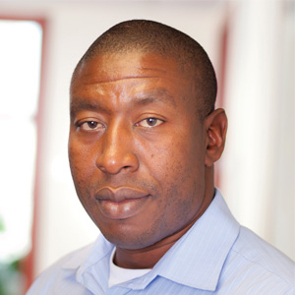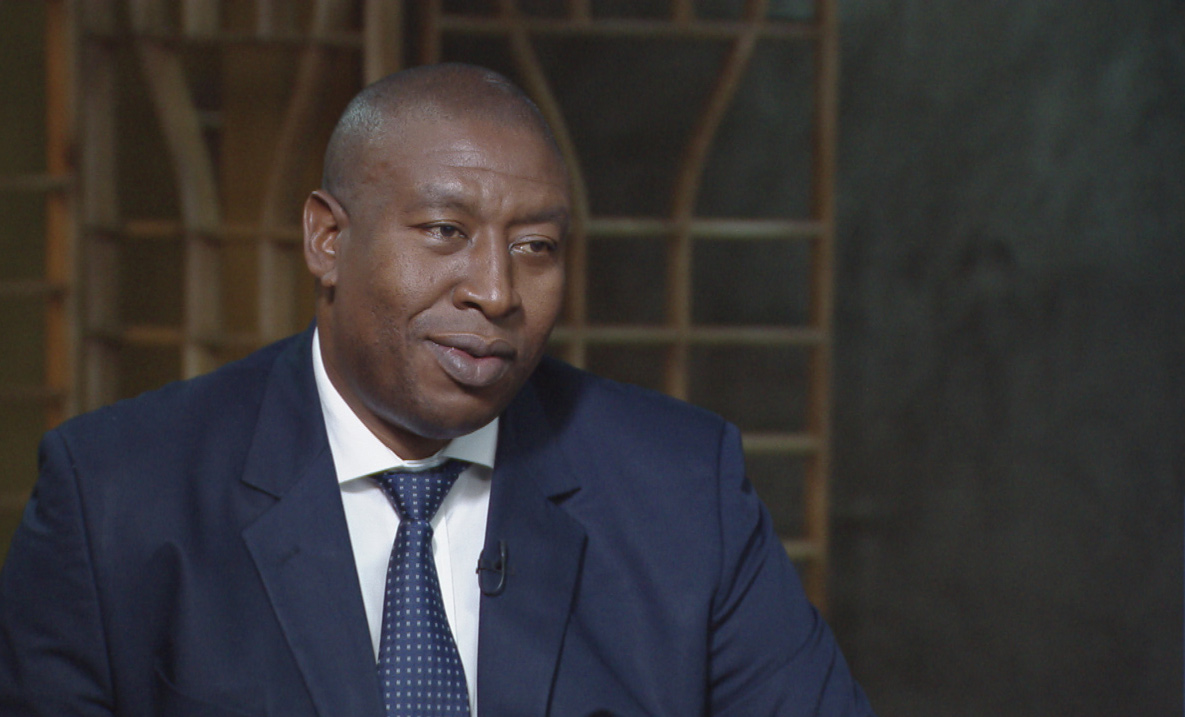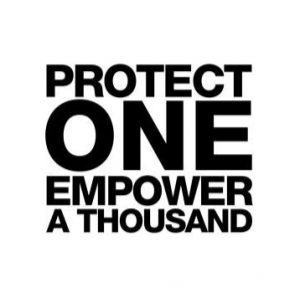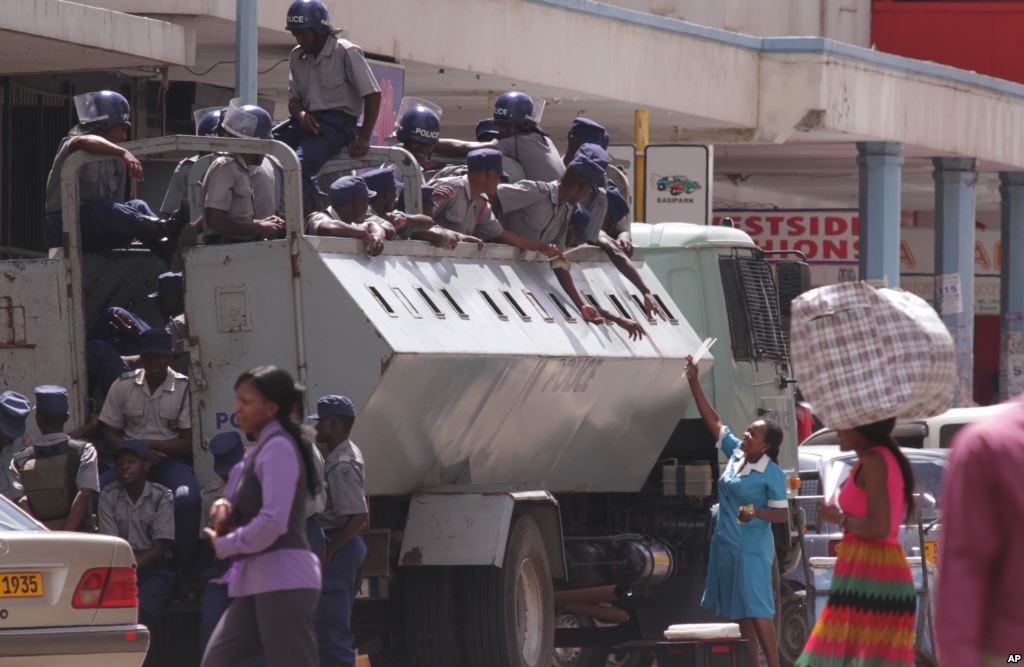
Farai Maguwu
In November 2011 Human Rights Watch honored Farai Maguwu with the prestigious Alison Des Forges Award for Extraordinary Activism, the highest honor bestowed on an individual by Human Rights Watch.
In December 2012 he was honored as a Giraffe Hero by Giraffe Heroes International for 'sticking his neck out' in defense of the rights of others.
Farai Maguwu Testimony
My work took a dramatic change in 2008 when the Government deployed the army to the Marange diamond fields leading to a massacre of more than 200 civilians within a space of four weeks

When consumers hear of human rights violations in a diamond-producing community, they become skeptical. They feel that the diamond could be associated with internal conflict, and they don’t want to express love to their loved ones through something that was sourced from a conflict zone or something that led to the death of someone . . ..”
Farai Maguwu is a human rights defender and founding Director of the Center for Research and Development which carries out extensive research and documentation on human rights abuses and illicit trade in diamonds in Zimbabwe. Maguwu was the first Zimbabwean to bring to international attention the horrific abuses committed by Zimbabwe's security forces in the Marange diamond fields in 2008. His work resulted in the intervention of the Kimberly Process Certification Scheme in 2009. In November 2009 he presented evidence of military abuse at the KPCS plenary in Namibia. This was followed by the subsequent suspension of diamonds from Zimbabwe from international circulation due to what the KPCS termed 'significant indications of non compliance'. In 2010 Farai Maguwu was arrested for his human rights work, charged and detained for 40 days by the Zimbabwean government. As a champion of human rights standing up to mining interests that are connected to the politically powerful in Zimbabwe, Farai faces serious threats and harassment in his work, and he has been jailed on numerous occasions.
Maguwu is currently working to enact a “Diamond Bill”—laws ensuring an open bidding process for mining companies, so that everyone in Zimbabwe can benefit from the nation's diamonds. He believes that the entire industry should be fair and transparent. As he points out, how the country restructures the process is critical:


